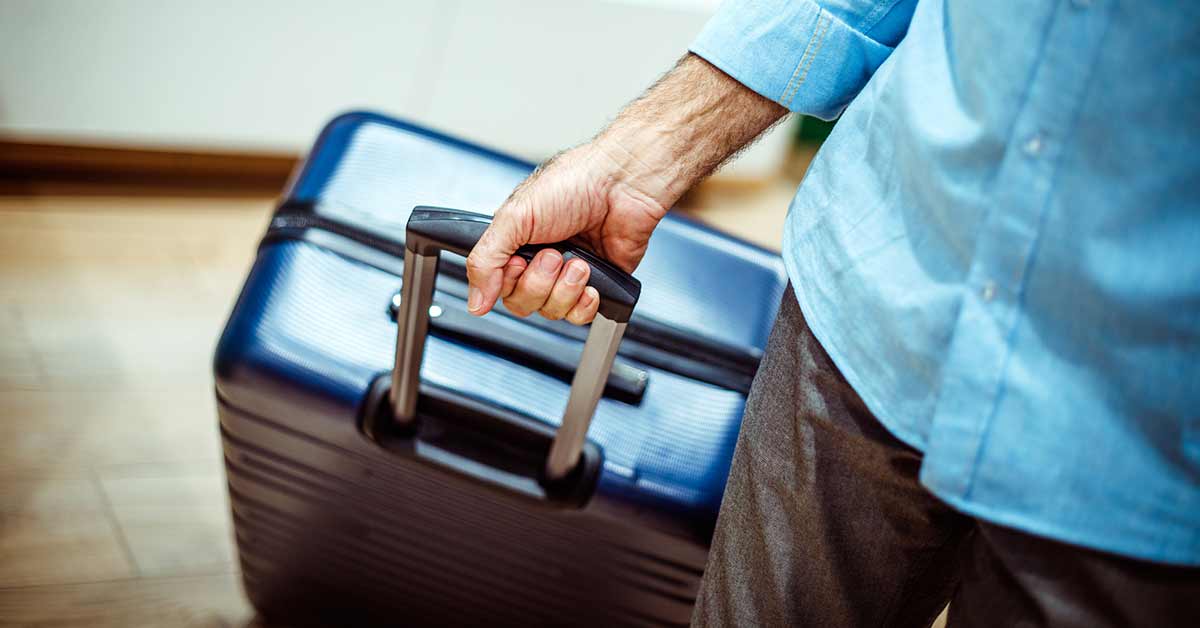
Ready, Set, Go! Making Travel Plans When You Have Cancer
-
Sometimes, you just need to get out of town. Whether you’re longing for a break or want to see loved ones, travel can be good for your outlook and your health. If you’re undergoing cancer treatment, getting ready to roam might take a little more preparation. But cancer doesn’t have to prevent you from hitting the road.
Every cancer is different, of course, and every patient is unique. But you shouldn’t rule out the possibility of taking an important trip.
Five ways to get ready for your trip
1. Talk to your doctor.
The most important priority is to speak with your treating physician about the risks versus the benefits of travel. Your cancer doctor understands your treatment and can address your unique situation. They’ll let you know if it’s OK to travel at this point in your cancer journey.
Your physician will also have specific recommendations or restrictions for your travel. It is helpful to go over important information, such as what medications you are taking and cancer treatments you are receiving.
2. Get your records.
A new medical facility won’t always be able to access your medical records. In case you need care while you’re gone, a copy of your records can be a huge help. You can bring a printed copy or, if you can access an online patient portal, view them electronically online.
3. Review your medications.
Make sure you won’t run out of medications while you’re traveling. Document any medication allergies. And when possible, keep your medications in their original prescription bottles. The information on those labels can come in handy.
If you’re flying, be sure to pack your medications in a carry-on bag. You don’t want to risk putting them in a checked bag that may be delayed or lost.
4. Protect yourself.
A little common sense can help you protect your health. Try to minimize your exposure to people who are sick. Wash your hands often with soap and water or hand sanitizer. If your immune system is low, consider wearing a mask to help protect you from airborne viruses and bacteria.
Pack sunscreen, a hat and long-sleeved clothes—certain cancer treatments can make skin sensitive to sun damage. And don’t be afraid to ask for help if you need specific accommodations, such as extra time boarding a plane or a wheelchair to get through an airport.
5. Move around.
People with cancer have a higher risk of developing blood clots. So, if you’re flying, get up frequently to get the blood flowing. On car rides, make frequent pit stops to stretch your legs. Flex your ankles when you’re sitting.
Bon voyage!
Going on an adventure or visiting loved ones can be just what the doctor ordered. If your doctor says it’s OK for you to travel, getting out there can be rejuvenating and help you better face treatment.
By planning carefully and communicating with your cancer team, you can take steps to minimize the risk of travel while maximizing the benefits in terms of your emotional well-being.
